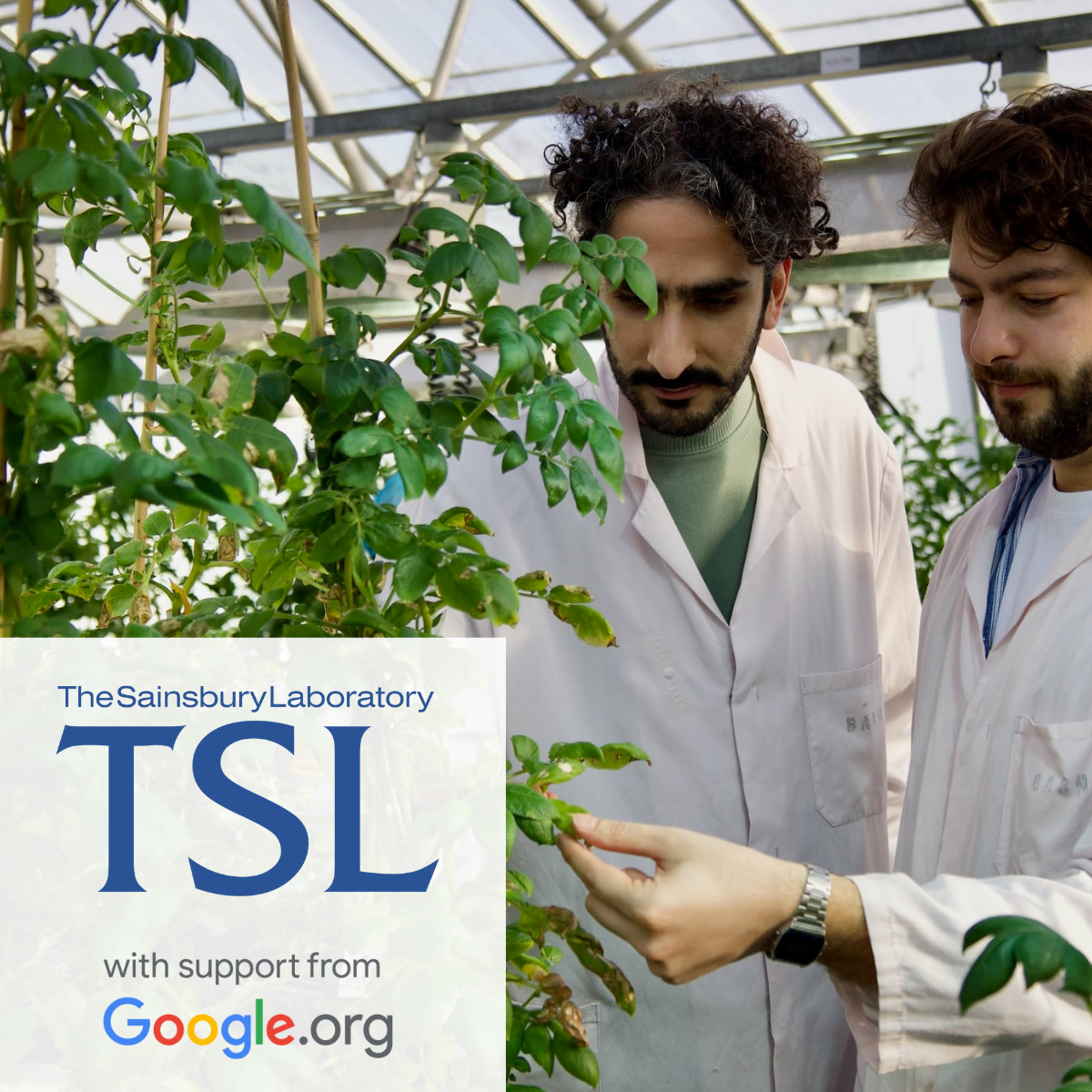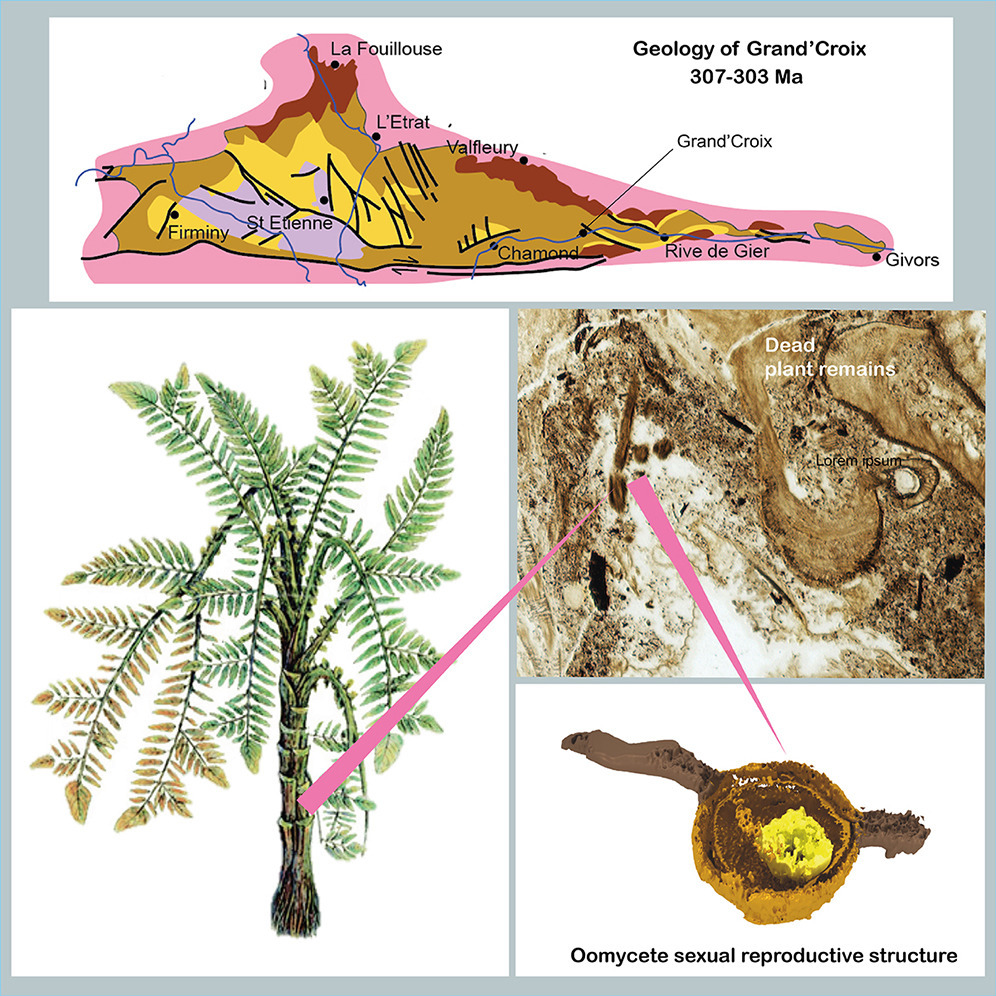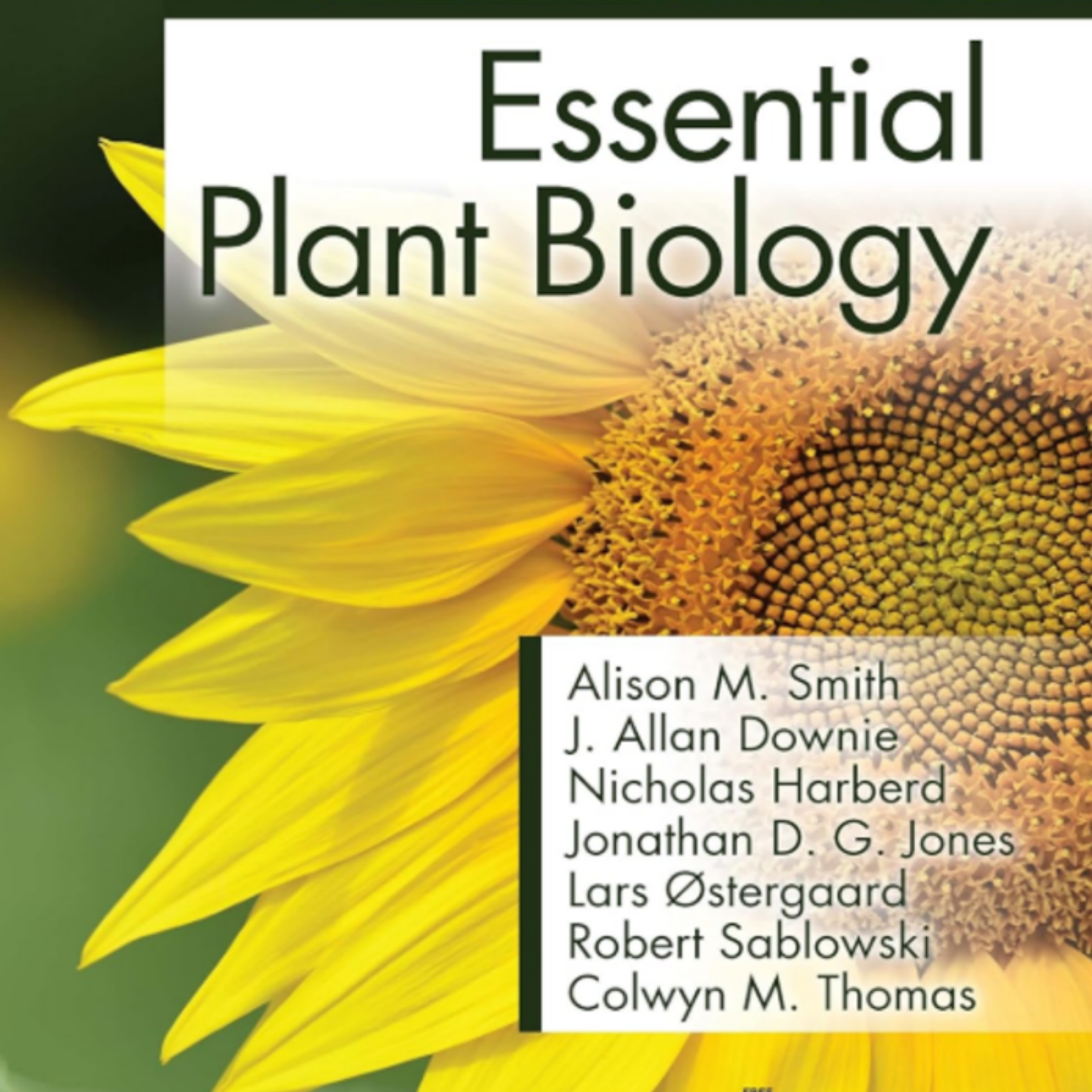Healthy Plants - Healthy People - Healthy Planet
A future vision delivering solutions to global challenges
Healthy Plants, Healthy People, Healthy Planet or HP³ is an ambitious vision to secure a safer, healthier and more sustainable future through the power of plant and microbial science.
HP3 is a vision unveiled by the John Innes Centre and The Sainsbury Laboratory. The vision outlines a revolution in plant and microbial sciences, integrating advances in genetics, genomics, structural biology, live cell imaging and computational biology leading to new levels of understanding. This will strengthen the position of the UK as a global leader in plant and microbial science.
Download our brochure to find out more about our HP³ vision
HP3 addresses three critical challenges facing the planet which must be addressed in a rapidly closing window of time.
These are:
- Feeding the world – by sustainably increasing crop yields
- Combatting global health threats – such as antimicrobial resistance and viral pandemics
- Meeting the challenge of climate change – developing crops resilient to environmental fluctuations and requiring inputs that are low carbon
Professor Dale Sanders FRS, Director of the John Innes Centre explains why this vision is so important: “HP3 is an ambitious, collaborative call to action to start to provide the solutions so desperately needed in a world with a rapidly changing climate, facing massive losses in biodiversity, a growing global population to feed and the urgent need to decarbonise agricultural practices. All of these challenges require science to play a critical role in delivering solutions.”
These two world-leading research institutes are building a case for capital investment in cutting-edge, future-proofed facilities that will create a UK hub for plant and microbial research to supercharge national ability to translate scientific knowledge into practical solutions.
Investment in a new estate to replace buildings established in the 1960s will revolutionise the John Innes Centre and The Sainsbury Laboratory’s capabilities and therefore maximise the potential benefits of research.
Professor Sanders continues: “We are living through a stark demonstration of our collective vulnerability. The current COVID-19 crisis tells us that our world is more interconnected than we had ever realised. The next global threat could emerge in the form of a crop pathogen, or a human pathogen resistant to current antimicrobial treatment, putting our food security and health at enormous risk.”
The John Innes Centre and The Sainsbury Laboratory are working with UKRI’s Biotechnology and Biological Sciences Research Council (BBSRC) to develop the case for investment in the new infrastructure, and they are seeking private capital investment alongside public funding to realise their ambitious scientific vision.
Executive Director of The Sainsbury Laboratory, Professor Nick Talbot FRS said: “Healthy Plants, Healthy People, Healthy Planet is a strategy that will allow us to supercharge our capability in the UK, providing an un-paralleled understanding of the world’s most important crops, enabling us to grow food productively and sustainably. If we are to feed the world’s growing population in a sustainable way, we will need to revolutionise our agriculture. HP3 enables us to generate scientific understanding to make this a reality”
This vision for a UK hub to unite the UK’s capability in plant and microbial science and to open up our research infrastructure to more researchers, universities and collaborators is an exciting step change in the capabilities and ways of working in this field.
Key Statistics
- For every £1 invested in the John Innes Centre, £14 is generated for the wider UK economy. (HP³) will boost productivity and efficiency, increasing return on investment.
- £4.9billion - the value of historic John Innes Centre discoveries in wheat globally
- £4.3billion - the John Innes Centre’s current wheat programme will generate this figure in global gross value-added over the next 25 years
- Gross value-added impacts of our work will be worth over £300 million to the UK across the next decade and a further £5.7 billion internationally
- £15 million – the current value of industrial contracts held by The Sainsbury Laboratory, from major US and European agricultural biotechnology companies.
- 80,000 - The agriculture, food and drink sector in the East of England already employs this number and a new hub boosting the sector’s efficiency and innovation would create further inward investment.
Notes for Editors
Find out more about HP³, Download our brochure to find out more about our HP³ vision
For further information or to arrange an interview with Professor Dale Sanders FRS or Professor Nick Talbot FRS, contact:
- Adrian Galvin
- galvin@jic.ac.uk
- 07876 791 454
- Felicity Perry
- perry@jic.ac.uk
- 01603 450269
- John Innes Centre, Norwich Research Park, NR4 7UH
About the John Innes Centre
The John Innes Centre is an independent, international centre of excellence in plant science and microbiology.
Our mission is to generate knowledge of plants and microbes through innovative research, to train scientists for the future, to apply our knowledge of nature’s diversity to benefit agriculture, the environment, human health, and wellbeing, and engage with policy makers and the public.
To achieve these goals we establish pioneering long-term research objectives in plant and microbial science, with a focus on genetics. These objectives include promoting the translation of research through partnerships to develop improved crops and to make new products from microbes and plants for human health and other applications. We also create new approaches, technologies and resources that enable research advances and help industry to make new products. The knowledge, resources and trained researchers we generate help global societies address important challenges including providing sufficient and affordable food, making new products for human health and industrial applications, and developing sustainable bio-based manufacturing.
This provides a fertile environment for training the next generation of plant and microbial scientists, many of whom go on to careers in industry and academia, around the world.
The John Innes Centre is strategically funded by the Biotechnology and Biological Sciences Research Council (BBSRC), and is supported by the John Innes Foundation through provision of research accommodation, capital funding and long-term support of the Rotation PhD programme.
For more information about the John Innes Centre visit our website www.jic.ac.uk
About the Sainsbury Laboratory
The Sainsbury Laboratory is a world-leading independent research institute that specialises in plant-microbe interactions, funded by The Gatsby Charitable Foundation, The University of East Anglia and UKRI-BBSRC. Its work is focused on leading global efforts to reduce crop losses to disease.
About BBSRC
The Biotechnology and Biological Sciences Research Council (BBSRC) is part of UK Research and Innovation, a non-departmental public body funded by a grant-in-aid from the UK government.
BBSRC invests in world-class bioscience research and training on behalf of the UK public. Our aim is to further scientific knowledge, to promote economic growth, wealth and job creation and to improve quality of life in the UK and beyond.
Funded by government, BBSRC invested £498 million in world-class bioscience in 2017-18. We support research and training in universities and strategically funded institutes. BBSRC research and the people we fund are helping society to meet major challenges, including food security, green energy and healthier, longer lives. Our investments underpin important UK economic sectors, such as farming, food, industrial biotechnology and pharmaceuticals.
More information about UK Research and Innovation.
More information about BBSRC, our science and our impact.
More information about BBSRC strategically funded institutes.


